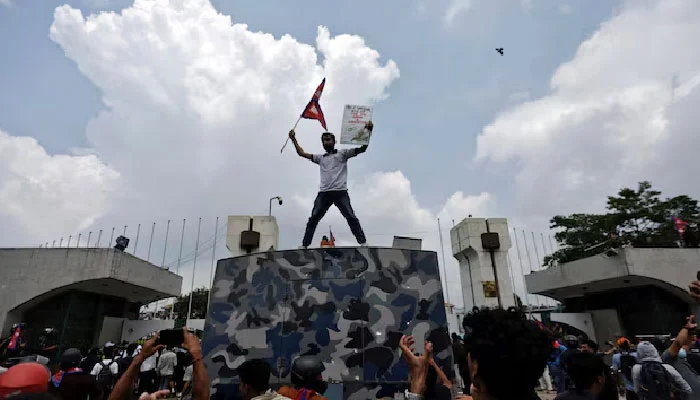Nepal Launches Probe Into Deadly Anti-Corruption Protests
Kathmandu, Sept 22, 2025 – Nepal’s interim government has formed a special panel to investigate this month’s violent anti-corruption protests that left 74 people dead and more than 2,100 injured, marking the worst unrest the country has seen in decades.
The three-member committee, headed by retired judge Gauri Bahadur Karki, has been tasked with completing its findings within three months, officials confirmed on Monday.
Background: Deadliest Protests in Decades
The demonstrations, led largely by Gen Z youth, erupted over rising corruption and unemployment. What began as peaceful rallies escalated into widespread violence, with protesters setting fire to:
-
The prime minister’s office
-
The Supreme Court
-
The parliament building
-
Shopping malls, luxury hotels, and showrooms linked to political elites
The unrest ultimately forced Prime Minister KP Sharma Oli to resign.
Panel’s Mandate
Finance minister Rameshwore Khanal explained that the probe will examine:
-
The loss of lives and property
-
Alleged excesses by security forces
-
The role of those involved in arson and vandalism
He added:
“It will investigate the violence, the destruction, and identify those responsible from both sides.”
Political Reactions
Former Prime Minister Oli, in a social media post, denied his government ordered police to open fire. He claimed that “outsiders” had infiltrated the protests and that police forces did not use the types of weapons seen during the violence.
About the Panel Head
Judge Gauri Bahadur Karki, who previously chaired Nepal’s special anti-corruption court, is widely respected for his integrity. His appointment has been seen as a move to restore public trust amid the country’s ongoing political turmoil.
Looking Ahead
The interim government, led by former Chief Justice Sushila Karki, is under pressure to ensure the probe delivers answers and accountability. With tensions still simmering, many believe the outcome of the investigation will be crucial for Nepal’s political stability in the months ahead.

